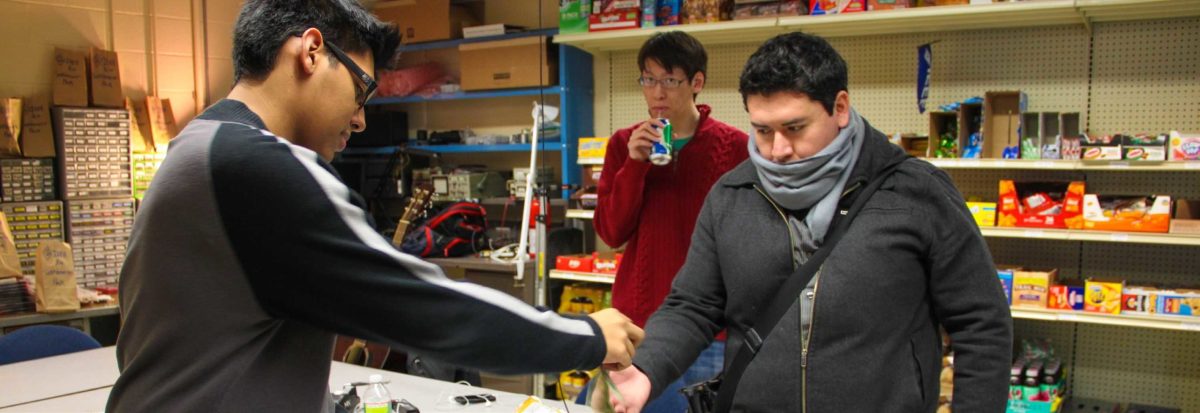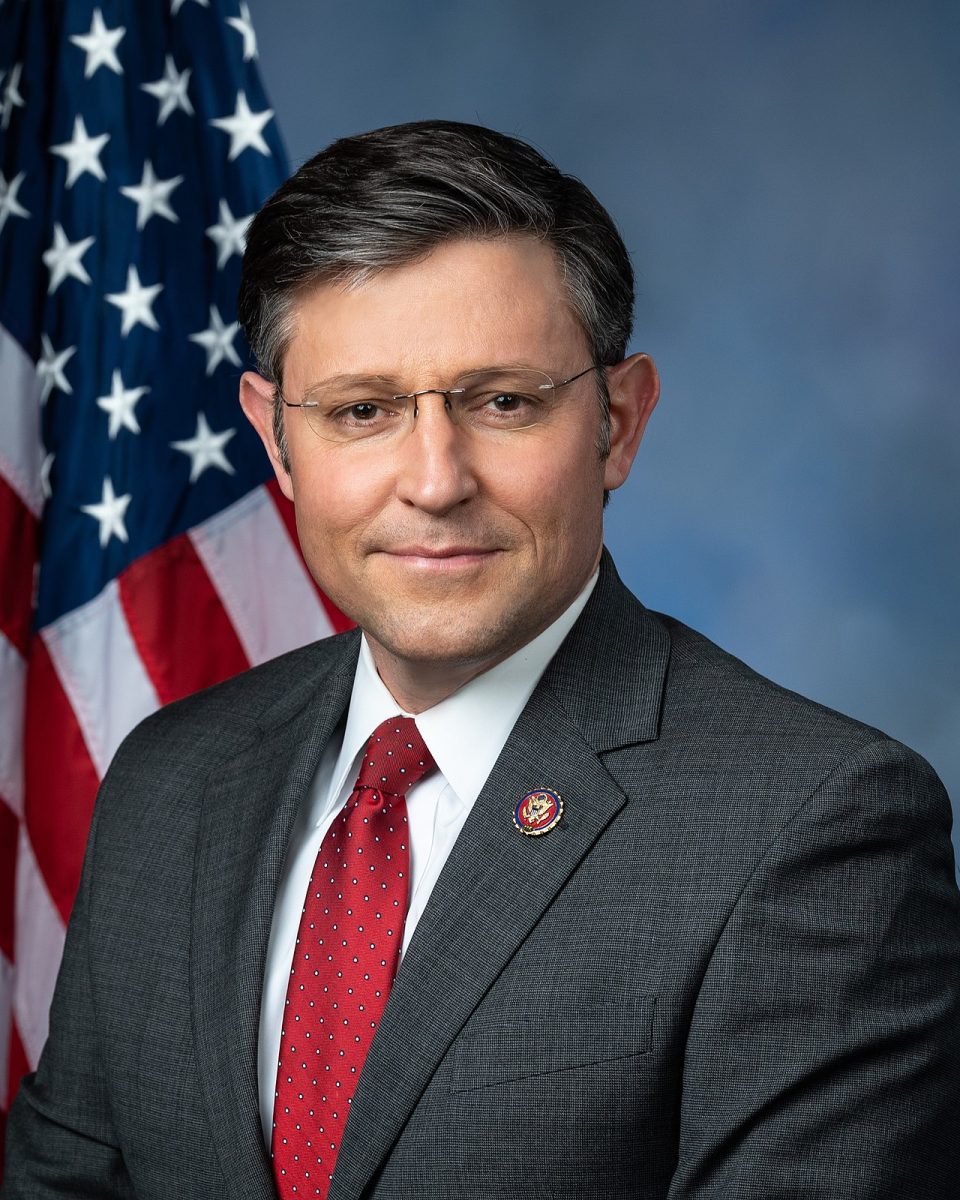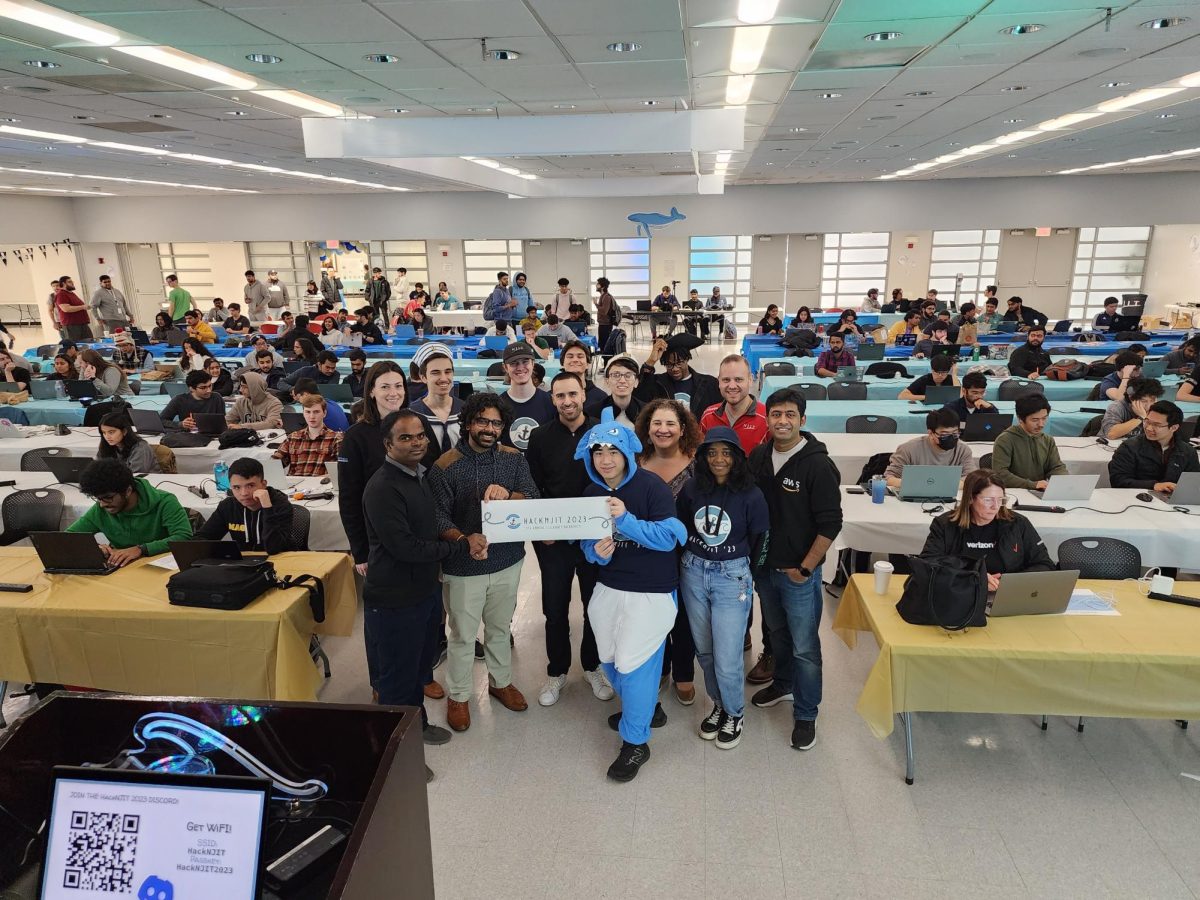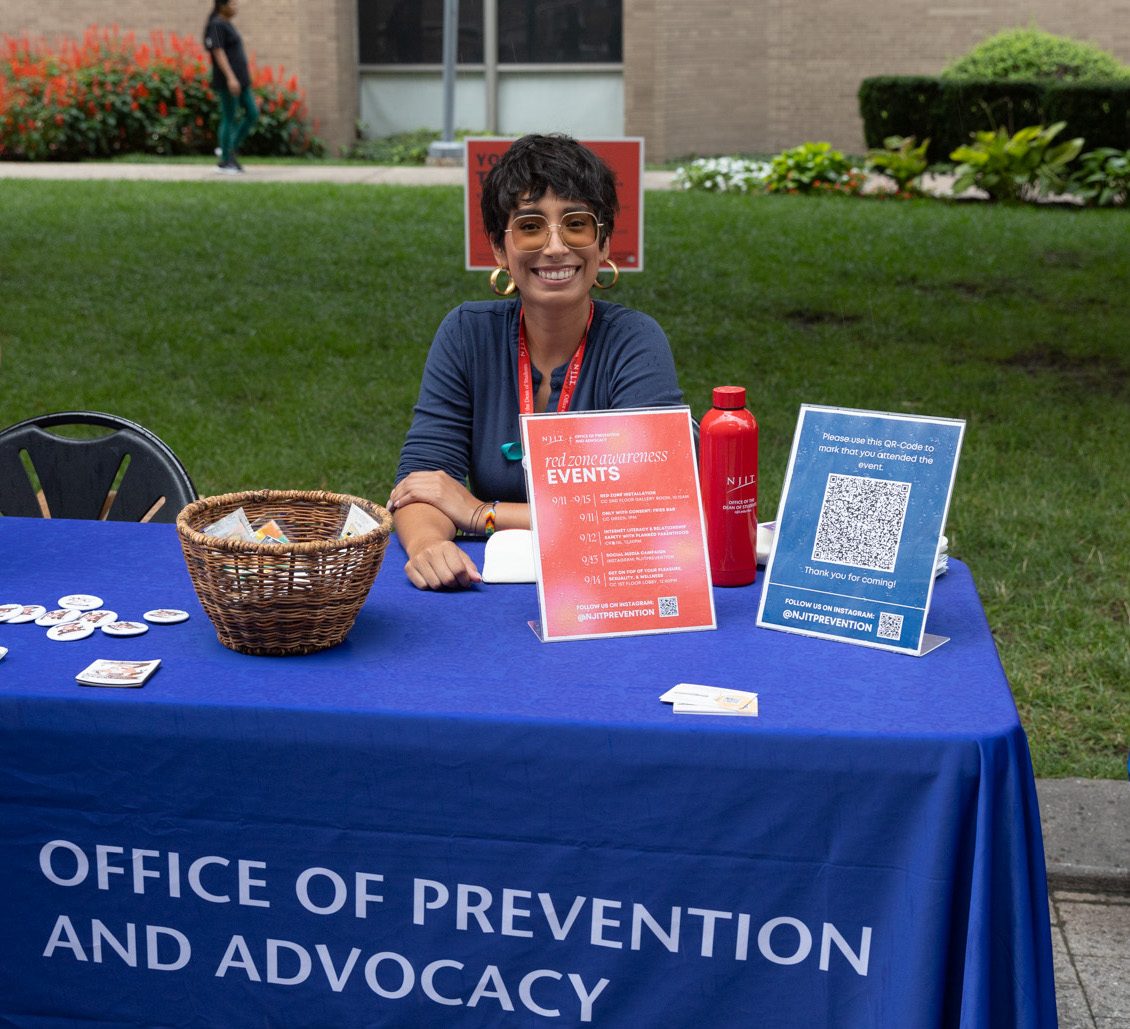Yvonne Chen
It’s an open secret that NJIT’s chapters of the Institute of Electrical and Electronics Engineers (IEEE) and American Institute of Chemical Engineers (AIChE) run snack stores out of their offices, offering food and drinks for competitive prices in convenient locations.
However, there are two issues at hand that complicate their intentions; first, the violation of a product exclusivity contract between NJIT and PepsiCo, and second, the fact that student organizations are not supposed to run long term business ventures on university property due to liability issues.
NJIT: a Pepsi campus
Last year, the Board of Trustees renewed, for a second term, a 12-year contract with PepsiCo “to be the exclusive provider of a variety of carbonated and non-carbonated, non-alcoholic soft drinks on campus.” In exchange, PepsiCo will provide $2,370,500 over the duration of the contract to support student life and education at NJIT. “We benefit by being able to fund needy students to come to school,” says Jack Gentul, Dean of Students, “A small portion goes to support activities, but a very small portion. Everything else goes to scholarships… It’s not so much that they wanted us, but we wanted them. We want this for our students.” On college campuses, says Gentul, “it is more common than not” for beverage vendors to have an exclusivity agreement. Other “Pepsi campuses” include Penn State, Rutgers and Boston University.
A PepsiCo representative recently found that the IEEE and AIChE stores were carrying non-Pepsi products, which violates the NJIT-Pepsi contract, and asked them to shut down. “The first time we heard about the Pepsi contract was when they came in,” says Jonathan Avila, IEEE President. “We didn’t even know that student clubs couldn’t sell Coke. We weren’t trying to hide it, either. All our fliers have Coke products on them.” Anthony Ippolito, AIChE’s President, answered similarly. His organization had not heard of the contract either until a PepsiCo representative entered their office to investigate.
Gentul says these issues largely stem from misunderstandings and miscommunications. “All this could have been avoided if we had open communication, in that we understood what was going on. I invited the [IEEE] e-board to work with us this summer so we can come up with ways that students can fundraise out in the open and do the things they want to do. I respect their initiative. It was all well-intentioned but unfortunately it raised a lot of issues.”
A student’s email to Gentul berated him for putting profits ahead of the low prices that students want, but Gentul says this has nothing to do with profit at all. “This is a matter of how can we have a situation where everyone is protected from legal harm, or harm that could occur if a major sponsor of the university could withdraw its sponsorship over something like this.”
The business of business
Gentul likens the organizations’ ventures to “going to your family and saying ‘I’m going to start a business in your garage. Thank you, and goodbye.” The problem with business ventures such as these, he says, is that they are being run on state property and assuming no liability, contrary to how a bona fide business should operate. “It is not their room. They do not own it, they don’t maintain it, they don’t pay utilities, they don’t hold liability for it like we do.”
Aside from the fact that, by NJIT regulations, these stores should not have been in existence, Robert Moran, Associate Director for Commuter Programs, says, “there are things with a permanent store we weren’t following, such as health inspections, and other legal things we could have been caught in. If there was something someone ate that made them sick, it would have come back to NJIT, not the group that ran it.” The same applies if a student injures themselves during a shopping run for product, or injures themselves while operating equipment in the store – the entity that holds liability is NJIT.
NJIT Campus Center Director Donna Minnich Spuhler says that all organizations are required to file paperwork for fundraising activities. These are typically individual projects done in a reserved space, which does not include the IEEE and AIChE offices. One example of a known long-term venture is a fraternity who sells coffee and donuts in Tiernan Hall. “They’ve got an ongoing thing with us. We know what they’re doing, we know where the money’s going.” Campus Center administration monitors funds and makes sure no one is keeping profits for personal use. These policies and procedures regarding solicitation and fundraising are listed in a club handbook and online, as well as announced at meetings at the beginning of each year that clubs must attend in order to remain active on campus.
Despite all this, the organization stores are run with good intentions, as Gentul also noted. “We are a not for profit organization,” says Avila. “The way I see it, we were completely self-sufficient with our funds… we are actually keeping all the Senate money away from us so other clubs can use it if they need it. We are just trying to give resources that enhance the student experience in pursuing an engineering profession.” Through the profits of their convenience store alone, IEEE has financed a 3D printer, test equipment for their workbench, new furniture for their offices and funding for their events, in addition to the fridges and shelves mentioned before to support their business expansion. Nasr Kelliny, an AIChE member, says the loss of their business is “a real shock.” The funds from their store go towards events such as a K-12 program that encourages grade school students to consider a future in the sciences.
Restructuring the system
Both organizations’ stores have been around since as far back as 1992 for AIChE and the early 90s, or earlier, for IEEE, encountering no operational hitches until now. Ippolito and Avila both stress that their organizations have no problems with abiding by the contract and selling Pepsi products. They simply had not known there was a contract in the first place, and are looking for ways to continue their operations that are acceptable to NJIT, Pepsi and other parties involved. Avila has contacted the PepsiCo representative who conducted the investigation about seeing the NJIT-PepsiCo contract, “so we make sure what the rules are, what we’re not supposed to do, what we’re supposed to sell, and don’t get in trouble again.”
Gentul says, “I can’t help but respect the students’ ingenuity and desire to help their departments. They’ve got great business acumen. They keep records, and these guys are good at running business. The trouble is, we can’t just open businesses on state or university property.”
“Offices are offices. They aren’t stores.” Though the era of stores in student organizations’ spaces may be over, Gentul does not rule out the idea of student-run stores as a whole. “I would be more than willing to look into seeing if we can set aside space for there to be an operation that was protected legally and was able to function, whose profits go to organizations. If we find there is a student run store or operation on another campus and they’ve managed to work that through, I would love to help find space for that.”
Spuhler says that over the summer, administration will be looking at other schools’ best practices and policies for student organization fundraising. “We will revise our policies as needed to take everything into account. We do want our student organizations to be successful. We just want to make sure we’re doing it in the parameters of what’s permitted and safe.”
As finals draw near and study sessions grow long, cheap and convenient snacks would be welcomed by tired students. However, until all parties involved in this situation can come to a mutually acceptable agreement, they will have to search elsewhere to satisfy their cravings.































